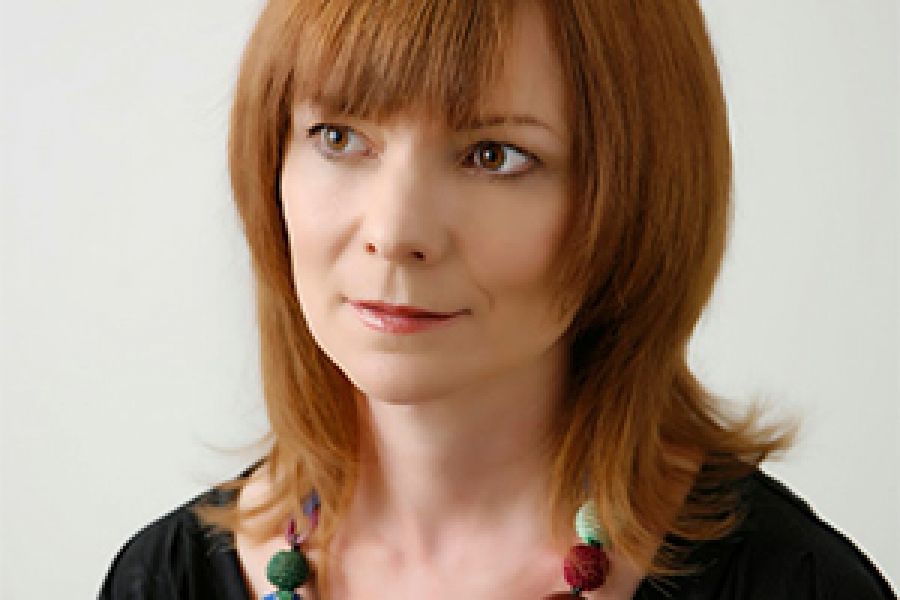
- Free Article: No
- Contents Category: Critic of the Month
- Custom Article Title: Felicity Plunkett is Critic of the Month
- Review Article: No
- Online Only: No
- Custom Highlight Text:
Some of Australia’s best writers are also reviewers. I always enjoy the beautifully crafted and perceptive work of Drusilla Modjeska, Mireille Juchau, James Bradley, Lisa Gorton, and Kerryn Goldsworthy, to name just a few. Anwen Crawford is wonderful on music, Kate Kellaway and a.j. carruthers on poetry.
Do you accept most books on offer, or do you prefer to be selective?
To develop my skills, I began reviewing everything I was offered. I now select work I feel well-qualified to consider. This includes books by writers whose work or context I know well, or work that is formally or thematically of particular interest to me. I also seek to review diversely. In 2015 I chose to review only books by women. I aim to focus on pioneering and ethical work, such as Israeli novelist David Grossman’s extraordinary work of mourning, Falling Out of Time (2011) and Ali Smith’s brilliantly disruptive Artful (2013). I also aim to review poetry, though I don’t currently review contemporary Australian poetry given my role as UQP’s poetry editor. I am fortunate to work with editors who are receptive and imaginative when considering these things.
Do reviewers receive enough feedback from editors and/or readers?
I’ve worked with wonderful editors who have improved my work. The generosity involved in improving another’s writing is something I value highly. And I’m always encouraged by readers’ engagement.
What do you think of negative reviews?
For me, the best reviews are analytical. An attentive, intelligent review that considers a book’s weaknesses as well as its strengths can be a positive review of sorts. A temperate, critical review can be helpful to a writer (speaking from experience as a writer), while an intemperate or clumsy reading with the reviewer’s ego to the fore tends to be disappointing all round.
How do you feel about reviewing people you know?
After a while, you can know a lot of people in a small literary community. I avoid reviewing books by the people I love. I’d rather be an interlocutor at an earlier stage in the writing, privately. A perception of bias is unhelpful to the author.
What’s a critic’s primary responsibility?
To read well and write well. To read attentively, from a background of wide reading, as patiently as possible in a fast world. To be open to a work’s unique shape and mode, and to try to understand it on its own terms. To craft a review in an engaging way within the confines of the word limit. As Sylvia Plath says of poems, ‘you’ve got to go so far, so fast, in such a small space, you’ve got to burn away all the peripherals’. To open a work (and a reading) to the reader, and to be hospitable, in J. Hillis Miller’s terms. I read some reviewers for the pleasure of their writing, as much as to get a sense of the text under discussion.
Felicity Plunkett, poet and critic, first wrote for ABR in 2010. Her first collection of poetry, Vanishing Point, won the Arts Queensland Thomas Shapcott Prize. Felicity’s chapbook Seastrands was published in Vagabond Press’s Rare Objects series in 2011, and she is the editor of Thirty Australian Poets (UQP, 2011). Her new poetry collection is forthcoming with Pitt St Press. She is Poetry Editor with University of Queensland Press and state editor of ABR’s States of Poetry – Queensland.


Comments powered by CComment